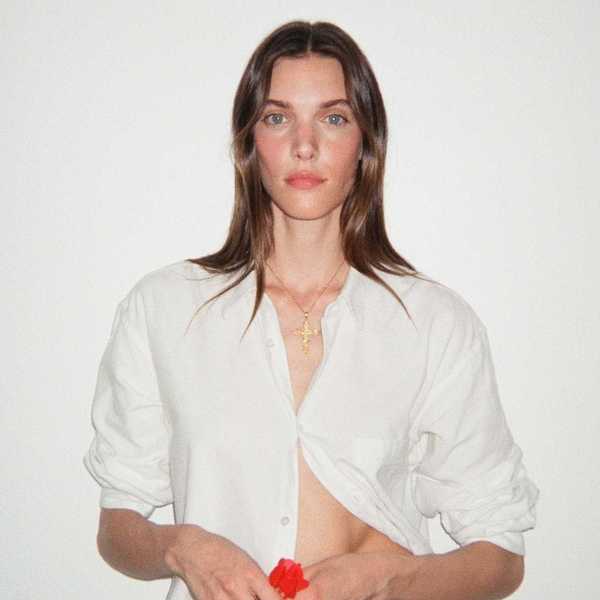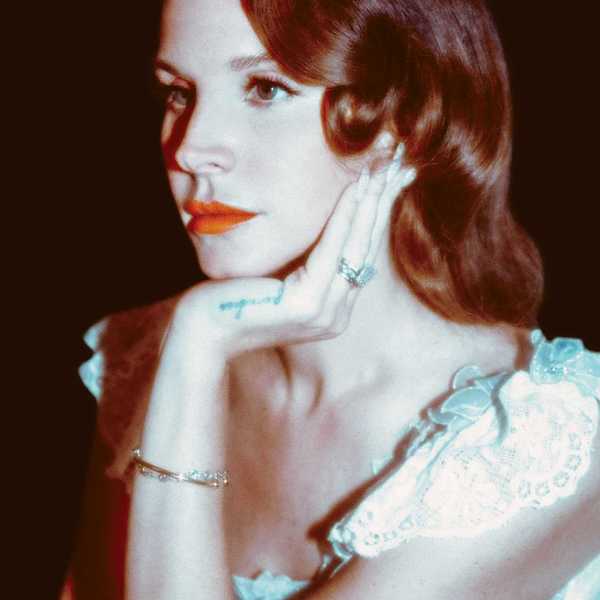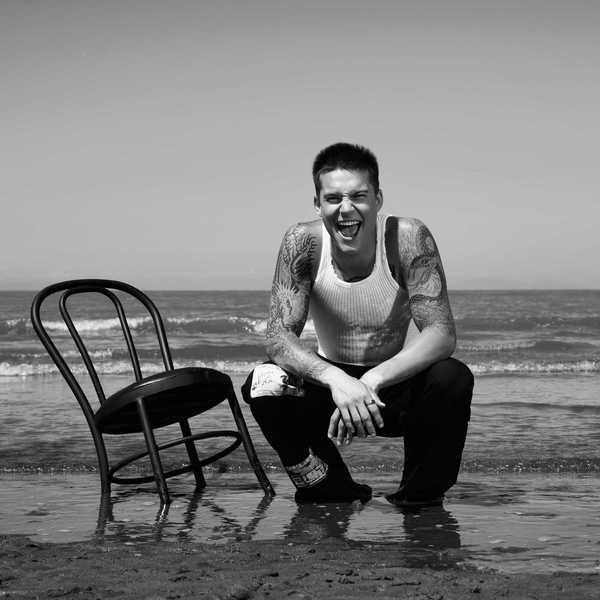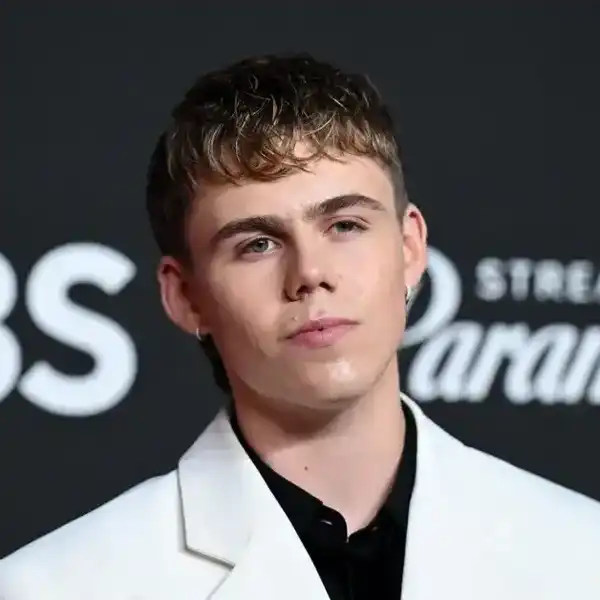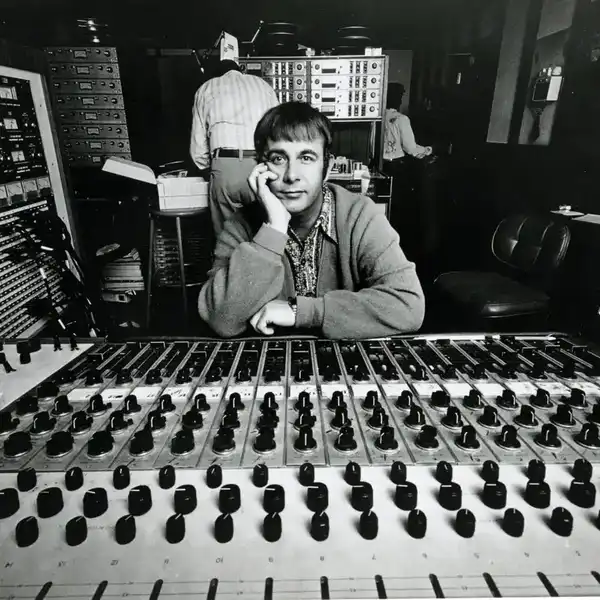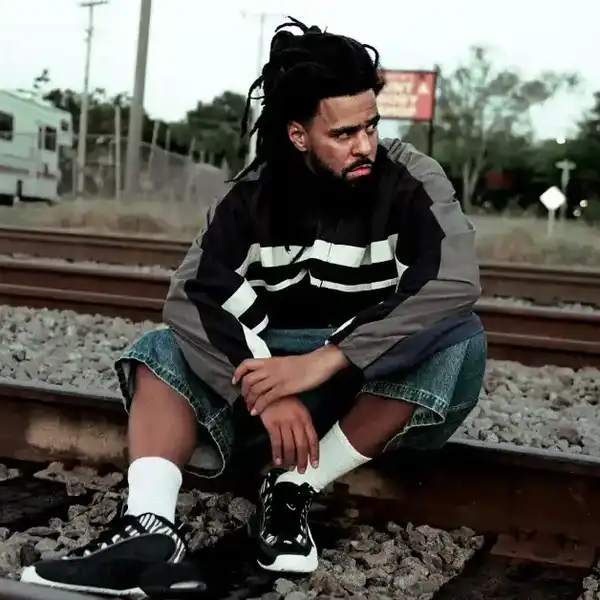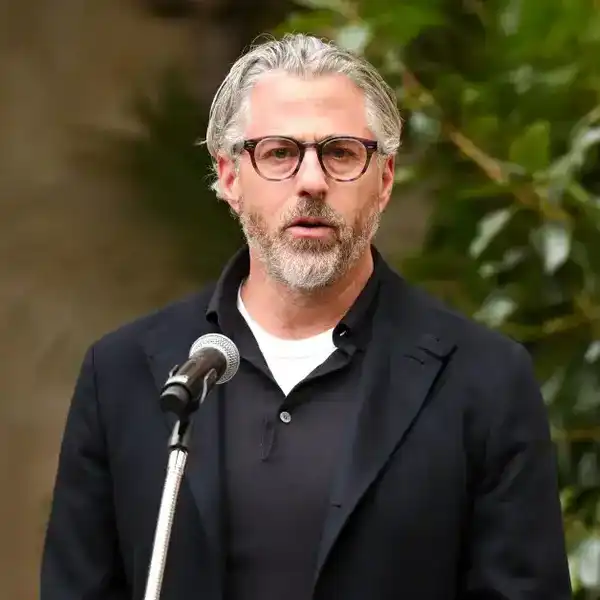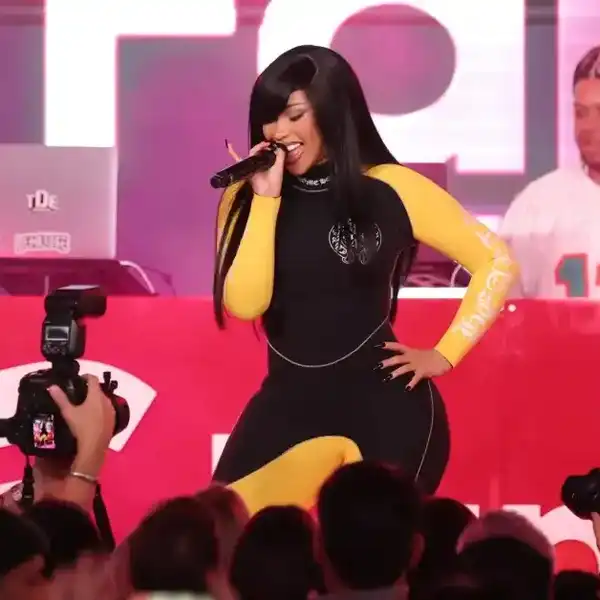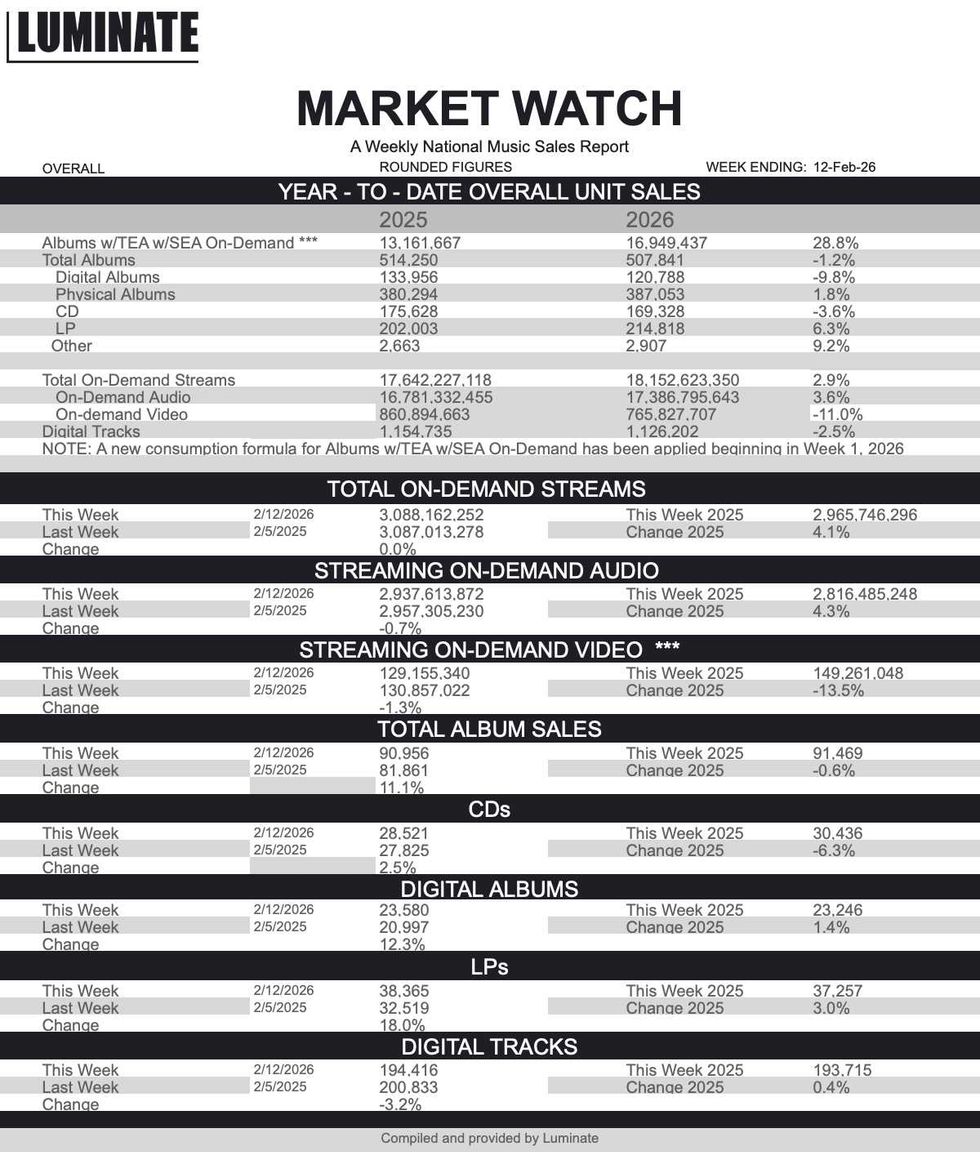Randy Lennox: The Exit Interview
After five and a half years, the Lennox era at Bell Media is coming to a close. In this exclusive interview, Playback chats with the outgoing president about his move from music to broadcasting, setting Bell Media up for future success, his departure and his future.

By External Source
The following interview conducted by Jordan Pinto for Playback. Reprinted with permission.
After five and a half years, the Lennox era at Bell Media is coming to a close. In this exclusive interview, Playback chats with the outgoing president about his move from music to broadcasting, setting Bell Media up for future success, his departure and his future.
A renowned music executive with little experience on the broadcasting side, Lennox turned heads in August 2015 when he was appointed president of entertainment production and broadcasting for Bell Media following the departure of former entertainment head Phil King.
After moving across from Universal Music Canada, the first 12 to18 months were a steep learning curve, he concedes. But Lennox had found his feet by early 2017 and says he began to see the bigger picture in fulfilling the two primary objectives of his appointment: digitizing Bell Media’s business and revamping its content focus.
Following the exit of Mary Ann Turcke in February 2017, Lennox was named president at the media company. In the almost four years since Lennox has taken the reins, he has overhauled and grown Bell Media’s streaming operations, inked mega-deals with U.S. content partners, reinvigorated its radio business, led the company into new lines of business, helped spearhead diversity-focused initiatives and overseen a content pipeline that has garnered significant acclaim internationally. On Oct. 19, the announcement went out that Lennox would be leaving his post at Bell Media on Jan. 4, with Bell group president and vice-chair Wade Oosterman assuming operational leadership of Bell Media.
Here, in this exclusive interview with Playback, Lennox discusses his move from music to broadcasting, digitizing Bell Media, how he’d like the Randy Lennox era at Bell Media to be remembered, and what the future holds.
When you look back to the first year, what do you remember about getting to understand the inner workings of the TV industry and the lay of the land?
When I left Universal Music Canada to join Bell Media, there was a considerable faction of people that thought ‘Well, he was pretty good at music, but that doesn’t mean he’s going to be good at broadcasting and content.’ And for about the first 18 months, every single one of them was right. [Laughs].
I was really trying to listen for the first year, and after about 12 to 18 months I felt that ‘OK, now we can really try things –I think I’ve figured out the foundational business.’
Here’s where I was wrong: I thought it was probably about 50% translative from music IP to television and film IP. It was probably more like 20% that translated, so it was really 80% net new. Do I love that? More than anything. It’s provided great stimulation. Pushing water uphill for that first 18 months was really great, and then, at the top of 2017, I believe the light went on for me and I hit my stride for the next four full years.
What did that look like? It was two things. The first was transforming our content so that it was respected internationally. As I reflect on Transplant, Cardinal, Letterkenny, JANN, our documentaries like Once Were Brothers: Robbie Robertson and the Band and David Foster: Off the Record – 100% of the content that we selectively created has received international distribution. Canada’s Drag Race is available in 135 countries. JANN has two seasons firm with Hulu. Transplant is a huge drama on NBC. So, first and foremost, that part of the mandate has really culminated in a great ratio of international success.
The second thing I was hired for was to really digitize this business. We were an analogue company in need of over-emphasis on digital just to catch up, so I mandated that a certain percentage of our digital had to be at a certain place by the end of calendar 2020. We are accomplishing those digital benchmarks by getting CTV News, TSN, BNN Bloomberg and CP24 properly onto digital platforms. Most importantly, there’s the reinvention of Crave into a really formidable two-tiered platform, and bringing in digital partnerships.
For example, Crave had a partnership with HBO, but frankly, it wasn’t a digital one. It was an analogue relationship. One of the first things we did in 2017 was to negotiate a long-term relationship with HBO, and now HBO Max, to make sure we’re secure in the digital space. We also have long-term relationships with Starz, Showtime, and added Vice, TIFF and a number of other content providers to Crave. It’s really helped us compete, and Crave is now nearly at three million subs, and still growing.
As more global SVODs flood the Canadian market, what do you see as the keys to Crave’s future success?
It’s what I call musical chairs. There are certain chairs that want to play by themselves, such as Netflix and Amazon, and then there are other musical chairs that are an opportunity for partnership. As Paramount+, Pluto, Peacock and Hulu enter the marketplace, there are further opportunities to simulate the partnerships we have, for example, with HBO Max and with Starz. So I believe strongly that the key to continuing acceleration of subs for Crave and Crave+ is, in fact, content partnerships and making sure you don’t fall behind in leveraging those partnerships.
Can you talk about the decision to leave Bell Media at this juncture?
Bell Media recruited me at the beginning of 2015, and I joined in August of 2015. It was always a five-year mandate to bring change in the aforementioned areas: content and digital.
The other change I was asked to bring was spiritual. I met everyone in August of 2015 as a blind date. I knew them peripherally because of my role at Universal, but you can imagine that all the key members at Bell Media saw this music guy coming in and they were scratching their heads because some of my ideas were pretty wacky, especially back then, and they didn’t know if I would fall flat on my face.
It took them a minute, but I can say unequivocally that we are now an extremely tight family. Everyone was adaptive to someone that wasn’t necessarily a traditional [broadcast] guy, who was trying to get the ship re-turned to set sail. I had done that at Universal as well –in terms of the digital transformation, back between 2005 and 2015 –and that was one of the reasons that Bell Media called me.
I have every intention to do that again somewhere else. I enjoy change management. And by the way, I didn’t know I enjoyed it. I didn’t wake up and say, ‘Hey, I’m going to be a change manager.’ It’s just something that I find rewarding –to come in and hopefully be additive to a business, and try and have that business think and look at things laterally.
And as I leave, I see a new openness in them; they’re looking at things differently. But, for sure, we didn’t have to get along. [The existing Bell Media team] could’ve thought I was some music guy that doesn’t get it. But everybody adapted and was open to each other, and that’s our legacy as a team.
Was there a moment, or a deal, when you felt you had established yourself within the company and the industry?
I have a few deals that didn’t do that –that made them say ‘boy oh boy.’ But I think what happened was: Bat Out of Hell: The Musical happened. I brought us into the live theatrical business and everyone thought I was out of my mind. And then [former Bell Canada CEO] George Cope said to me ‘Hey, can you do an extra night of the show, for all of Bell, before it opens?’ I said, ‘I’ll do two nights.’
When we stood on that stage and introduced this Broadway show to 3,000 Bell employees –it ended up playing in 14 different countries, including New York and London –I think that was the moment when everyone said ‘He’s actually pulling this off. He pushed water uphill, got Bell to agree to it, and now it’s filling seats.’
The other one was iHeart. I think people didn’t understand what iHeart was. They thought we’d be fine to have 54 names on 108 different radio stations, but you cannot scale that. And as we started to share the aggregation and scale strategy, people started to see that ‘OK, this guy actually understands digital and how that can have ubiquity. ’So those two things helped establish me. And then when we brought the digital into the HBO deal, that helped, then the Starz deal, and certainly the Pinewood Toronto Studios deal. So, as I took over as president, those deals were helpful to people in believing that I might not be so crazy after all. [Laughs].
How did the acquisition of Pinewood Toronto Studios set Bell Media up for the future?
There’s a multitude of levels to that. In 2015 and 2016, I went to L.A. frequently to try and say to [studio execs] ‘we’re not just a broadcaster in a vertically integrated company, we’re actually walking the walk of content.’ Now when we go to L.A., we have an opportunity to say ‘let’s do a friends and family rate, let’s make this show together. How can we help you?’ And rather than just be a buyer of their content, we can have a symbiotic relationship that’s vertically integrated.
The success of that has been [beyond] our wildest dreams. We have tripled the EBITDA at Pinewood since we’ve taken it over. We have expanded to Montreal in taking an investment position in Grandé Studios, where we shot Transplant last year. There are aspirations for a more expansive studio position that Bell Media will be undertaking in the future, too. There are myriad opportunities in Pinewood that have yet to be explored and I’m very bullish and very happy that Bell is continuing their quest along that road.
What’s next for you? And will it be in the TV or broadcasting space?
All I can say is that the opportunities that I’m discussing are really the best of both worlds for me: broadcasting and music, absolutely.
My most joyous moments at Bell Media, when the endorphins really kicked in, was when I had the music and content mix. Whether it’s the JANN show or Bat Out of Hell or The Launch: those were the most rewarding and happiest moments for me personally. Those are the moments I want to lean toward in the future.
Having presided over Universal Music Canada and now Bell Media, I really want to be more balanced towards creative, as opposed to the 50-50 [split] of business pragmatism and creative. Having done that at two companies, I know how to do it, but it doesn’t mean I love that part. The part I love is the 50% that’s the creative content part. That’s what energizes me.
When I was at Universal, it was probably 70-30, because I was 70% in the studio, approving storyboards for music videos, or literally in the studio [as] part of the song-arrangement structure. When I look at making the Robbie Robertson or David Foster documentaries, it was identical –I was in the studio sitting beside David or Robbie saying ‘Hey, that’s not a good look,’ or ‘Let’s put the music here, and let’s make sure that the trajectory flow looks like this.’
I’m at my most relaxed when I’m with the artists, in either the film or recording studio. In a way, I feel like I’ve had that my whole career, because I did A&R at Universal, and I did marketing and I’ve always had the artists really close to me. If I look at the calls I’m having today about the future, 80% of them are with actors, producers, writers.
Could you talk about some of the initiatives Bell Media has undertaken in 2020?
The first was jumping on the phone with Insight Productions back in March, when COVID hit abruptly, and put together Stronger Together, along with Insight Productions and CBC, primarily. We ended up on 110 networks of various sizes, both digital and broadcast, raising $8.6 million for the food banks, and having the largest non-sports viewership in Canadian television history. We did that in 12 days.
And then, when George Floyd passed on May 25, we jumped right in and did a show on CTV called Change & Action: Racism in Canada, which spoke to the Black, Indigenous and people of colour (BIPOC) communities. After that, we phoned BIPOC TV & Film and Scott Henderson, Nanci MacLean and myself led Bell Media into a relationship where we offered to and built a complete website that now has over 5,000 BIPOC members. We’ve given millions of dollars in TV advertising to the effort around awareness and the importance of getting rid of unconscious bias. So 10 years from now, when Amazon comes to make a film in Canada, there’ll be a 15,000 person BIPOC listing of various talents from cameraperson to AD, to actors, et cetera, that will be used as the IMDb of Canada with respect to making sure that community is properly represented.
And this applies to our hiring as well. Bell is enhancing the leadership pipeline with a plan for BIPOC candidates to make up at least 40% of new interns, student hires and Bell Graduate Leadership Program enrollment. As well, we’re strengthening the diversity of our leadership with a new target for BIPOC representation on our senior management team of at least 25% by 2025.
I’m very proud of the fact that we’ve not only stepped up, but we’re also saying things that you can’t backtrack on–we’re making commitments publicly that you can’t fake. A year from now, if we don’t do the things we say we’re going to do, people will call us on it. That’s by design and the fact that we need this to be a lasting program. Scott, Nanci and I have had a BIPOC call every Monday night for 90 minutes for the last 29 consecutive Mondays.
When people look back on the Randy Lennox era at Bell Media, how would you like it to be remembered?
First and foremost, I want to be remembered for my empathy, and for the fact that I had 7,000 people at Bell Media that knew, to a person, that I cared about them. That matters more than anything else to me –that I’m thought of as a human being first, and a content creator second.
Secondly, change. I said in 2015 that I was here to try and change things. Not for the sake of being a radical, and not for the sake of ‘let’s be a change agent’ and all that BS, but because it was necessary that me –or someone like me –came in at precisely the right time, and is leaving at precisely the right time. Whether it was me or someone else, they needed someone like that.
I’m hoping my legacy is that I set the ship in a new direction, and that some of the deals I’ve made will protect the stability of the company in the future. I’m hoping that my policy of excellence and empathy will be lasting throughout the organization, and that I leave that DNA with the people I’ve worked with.


